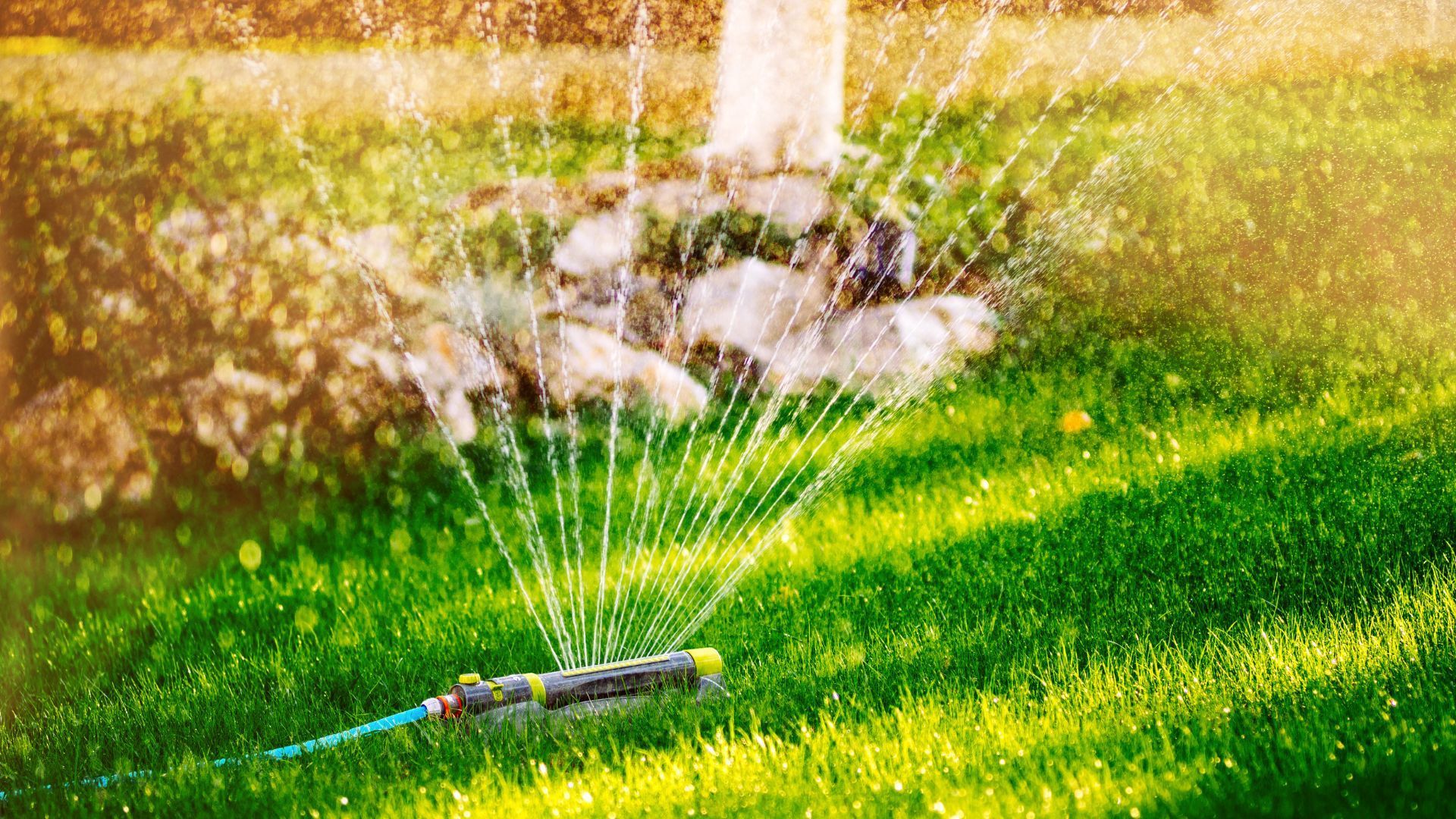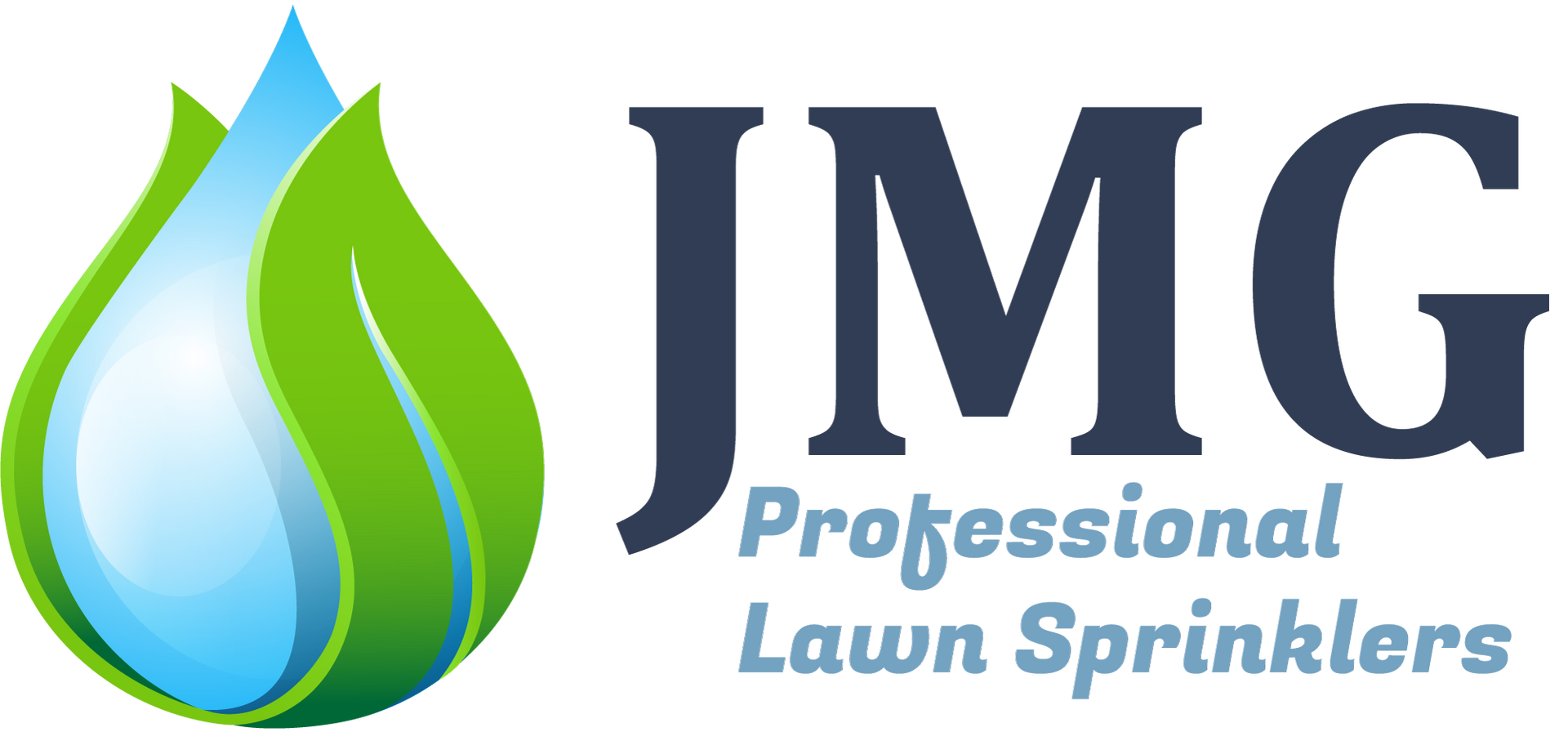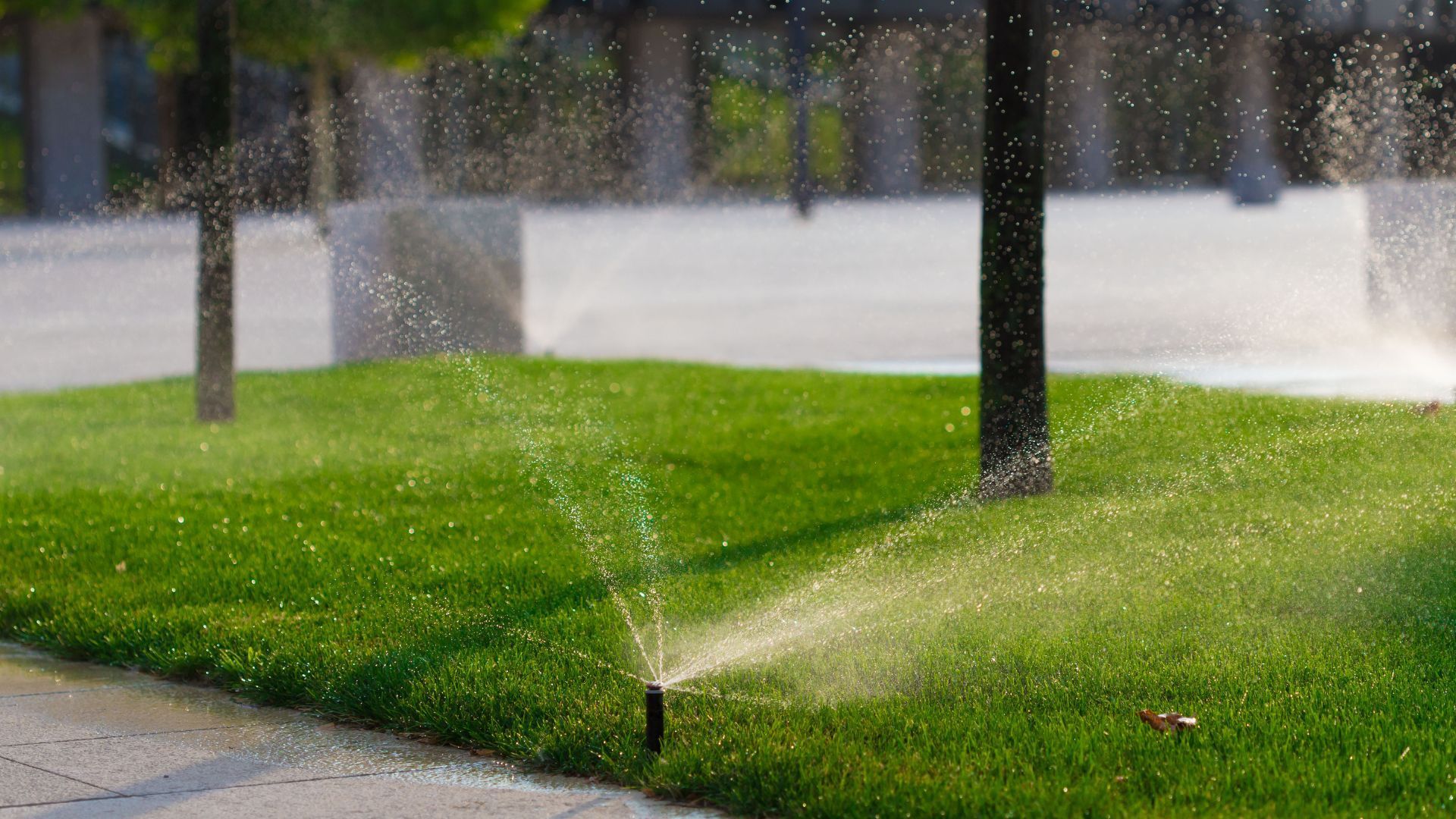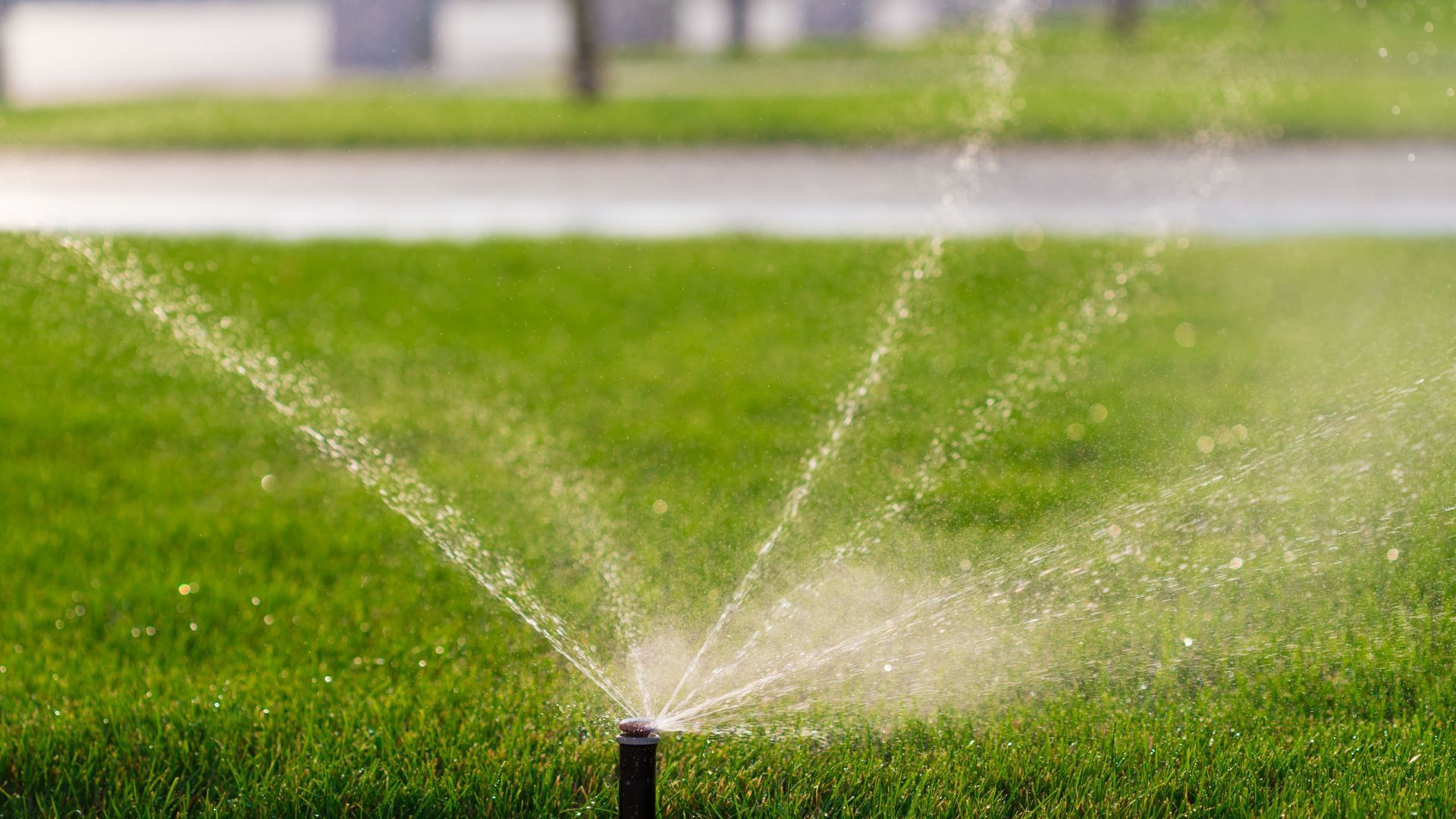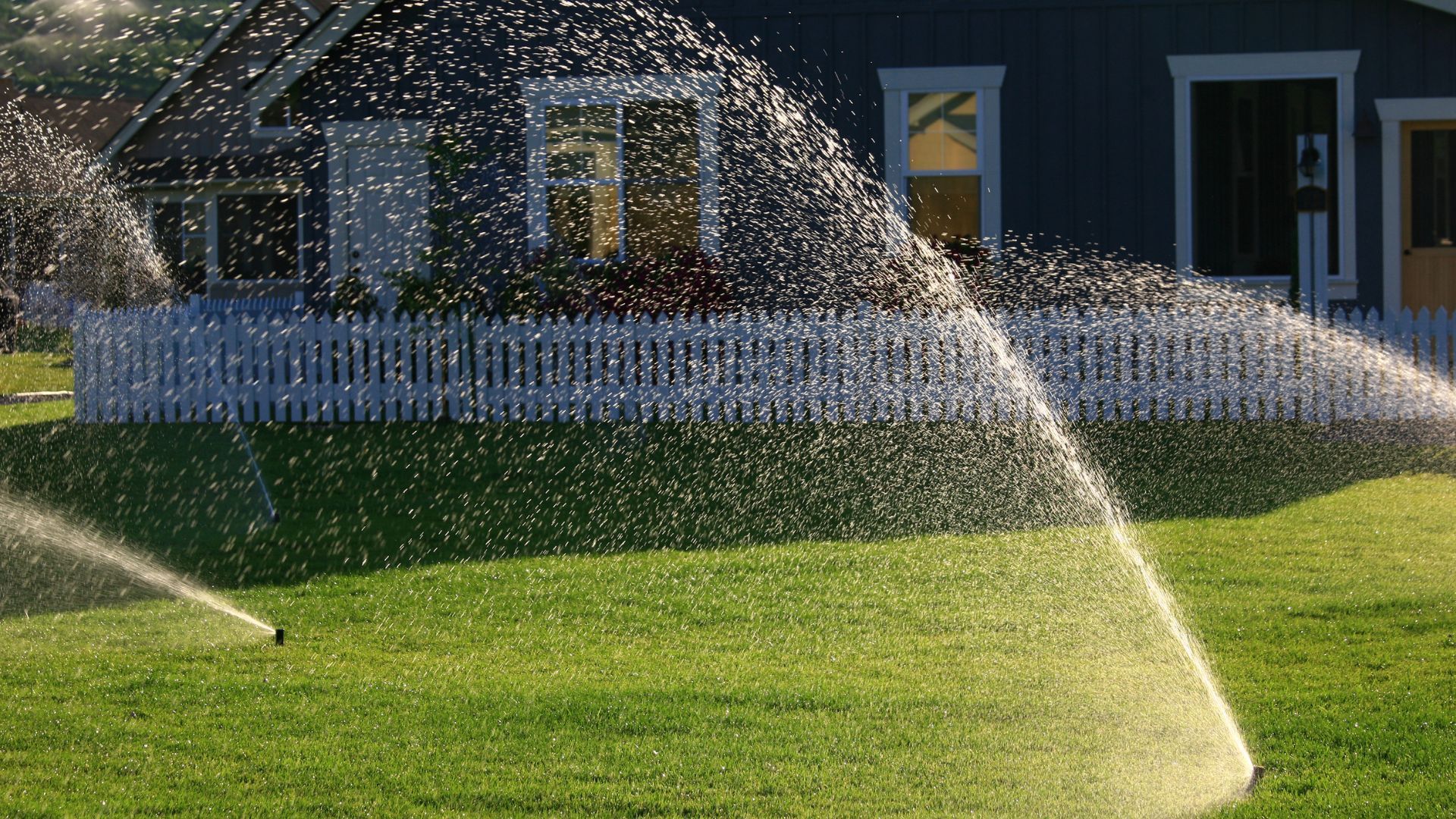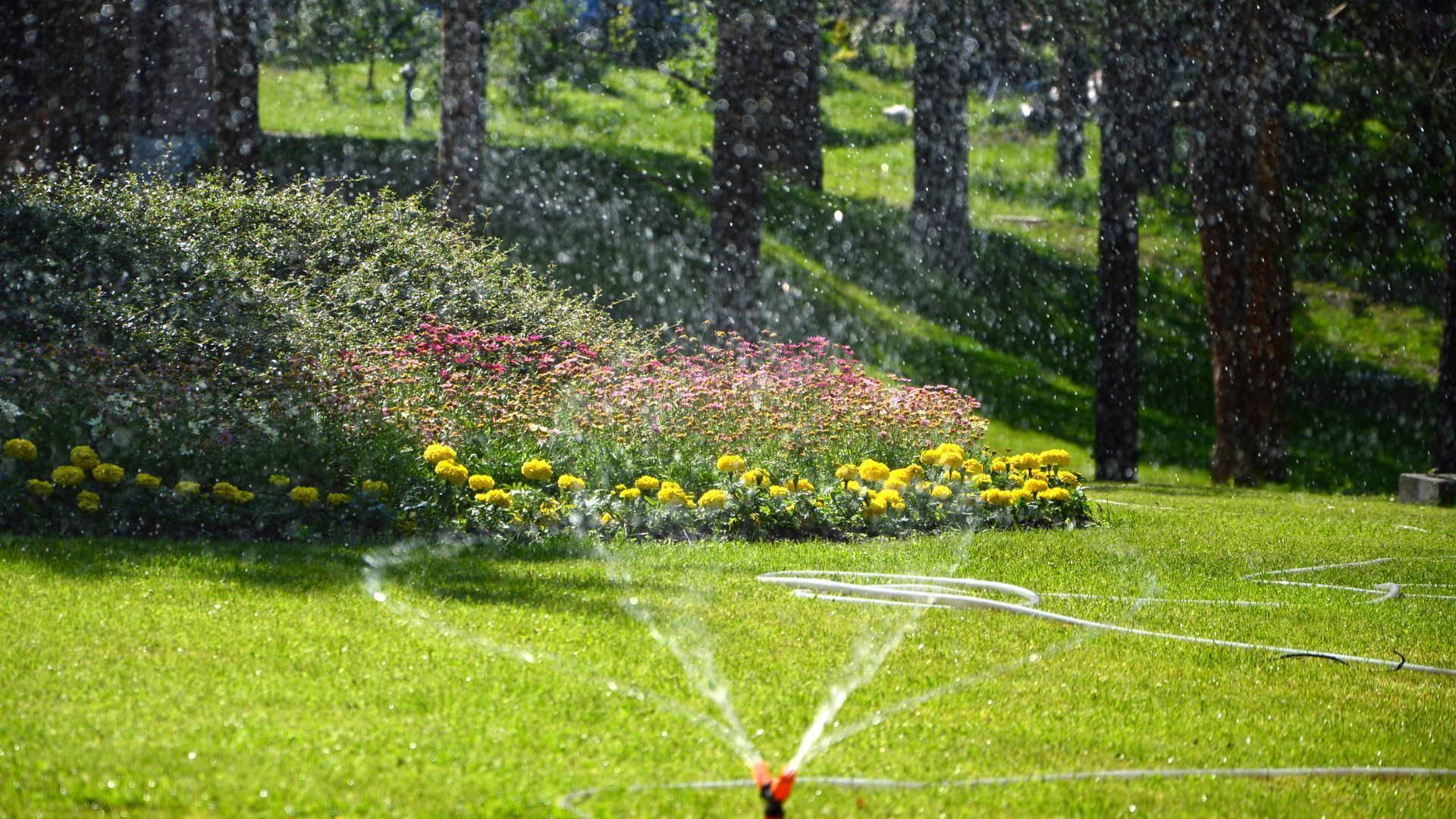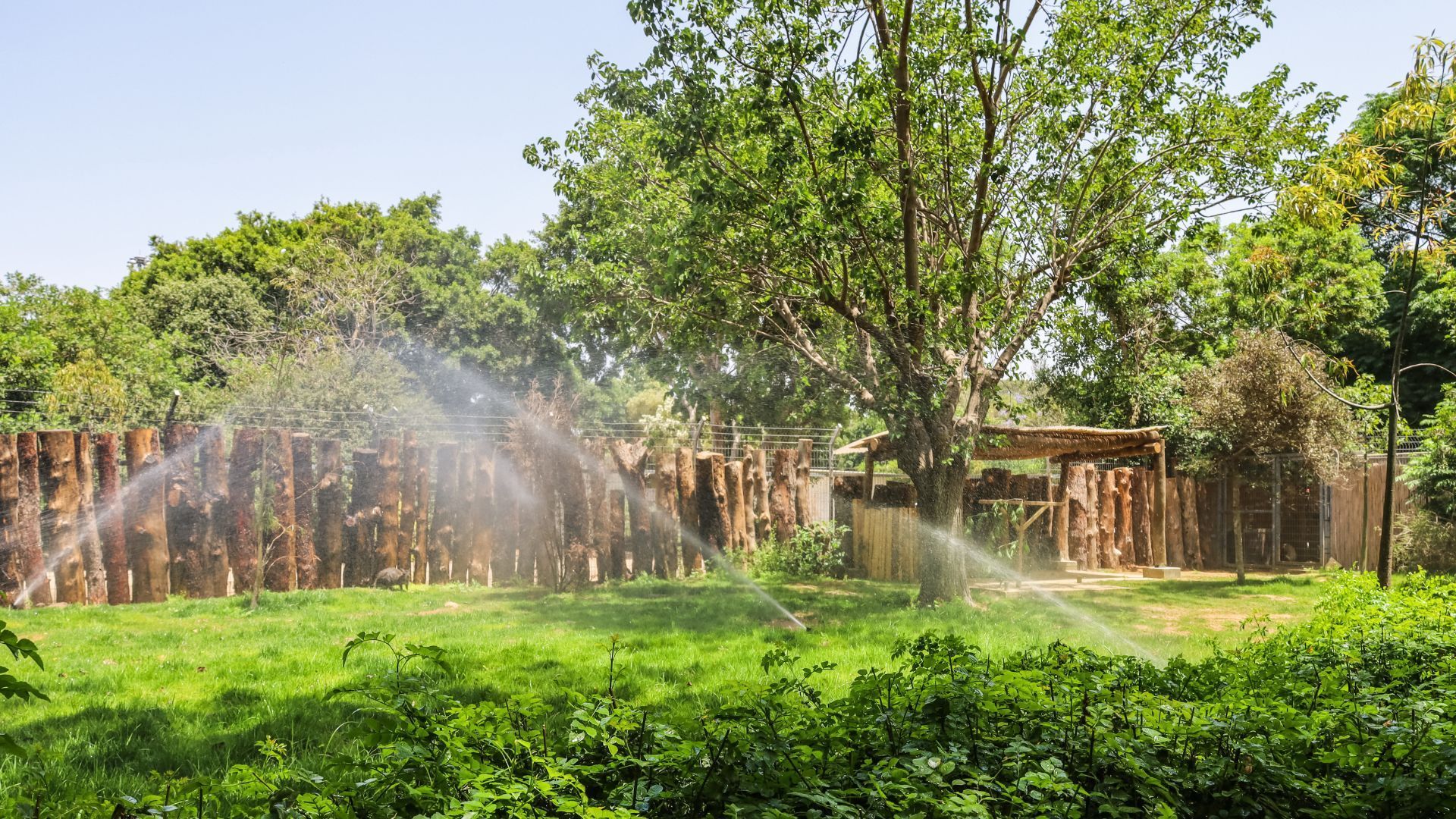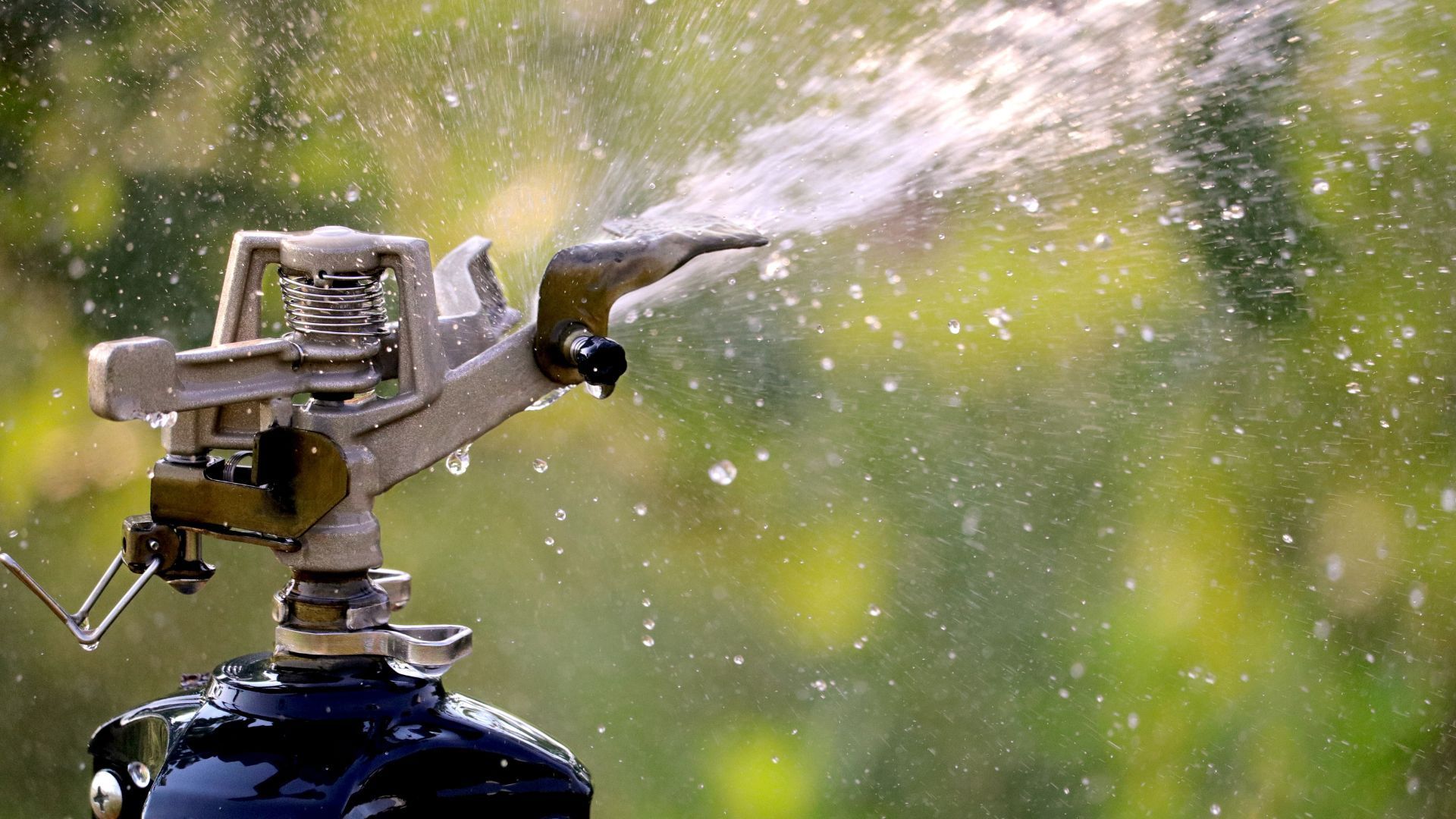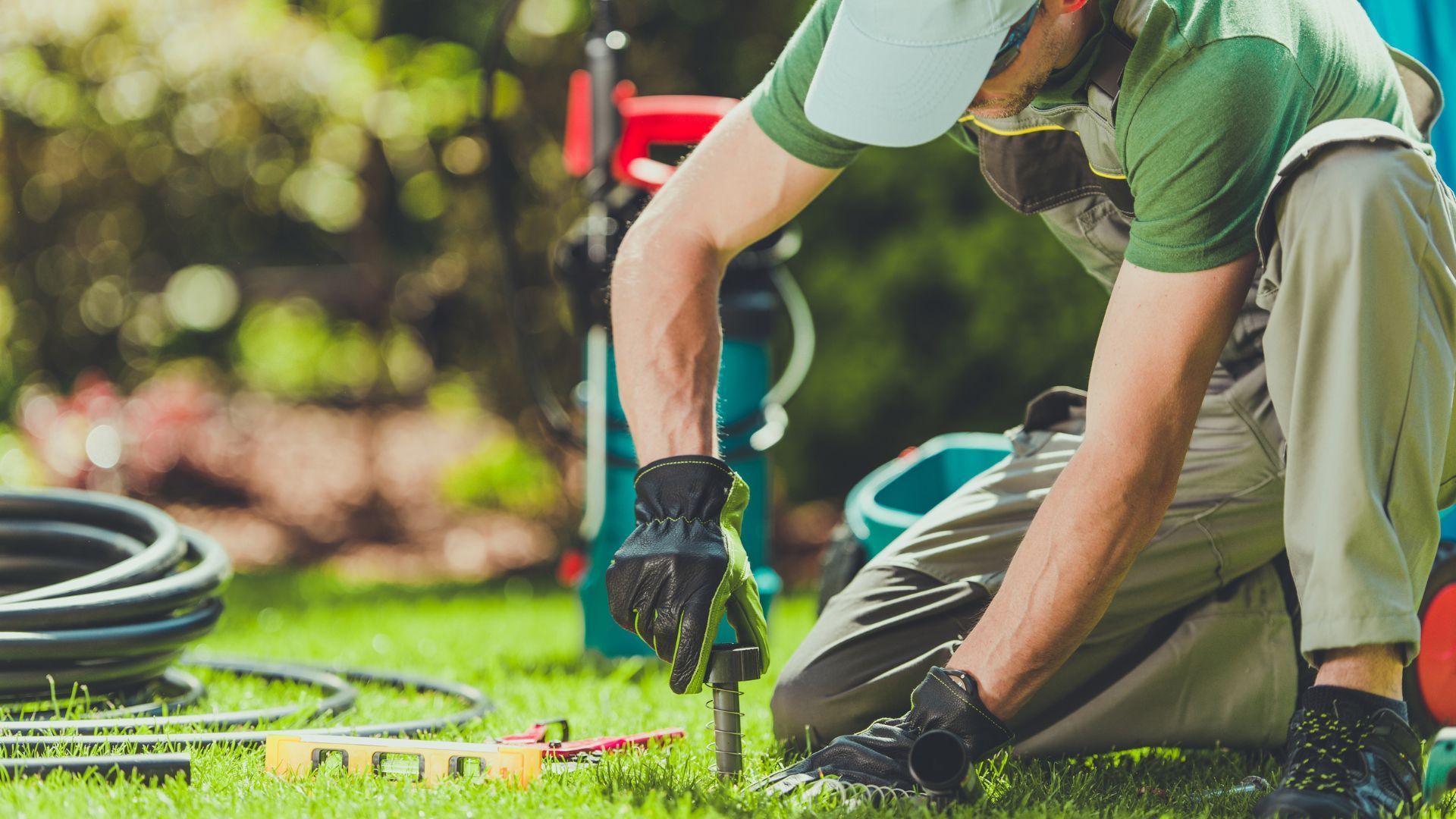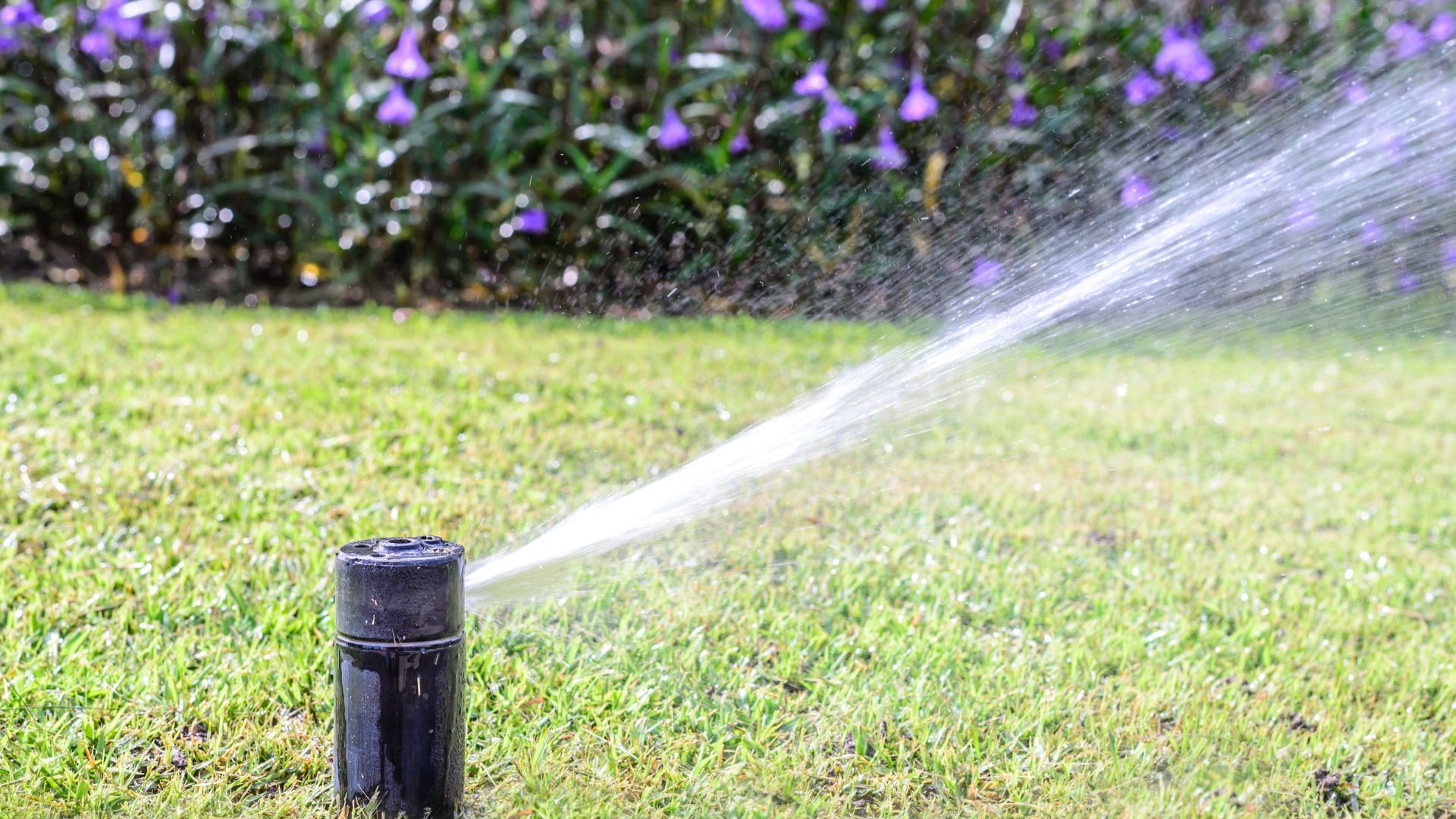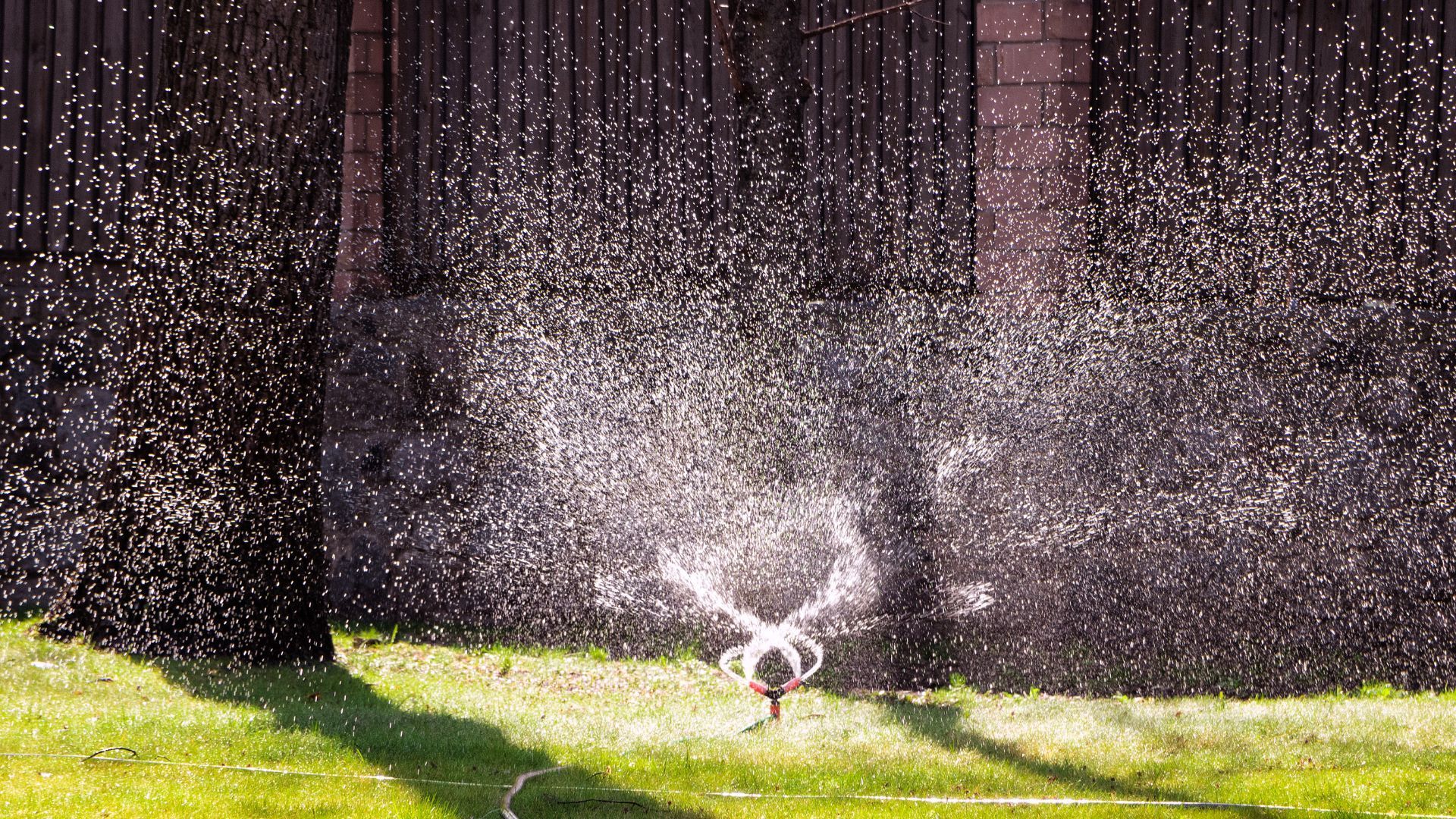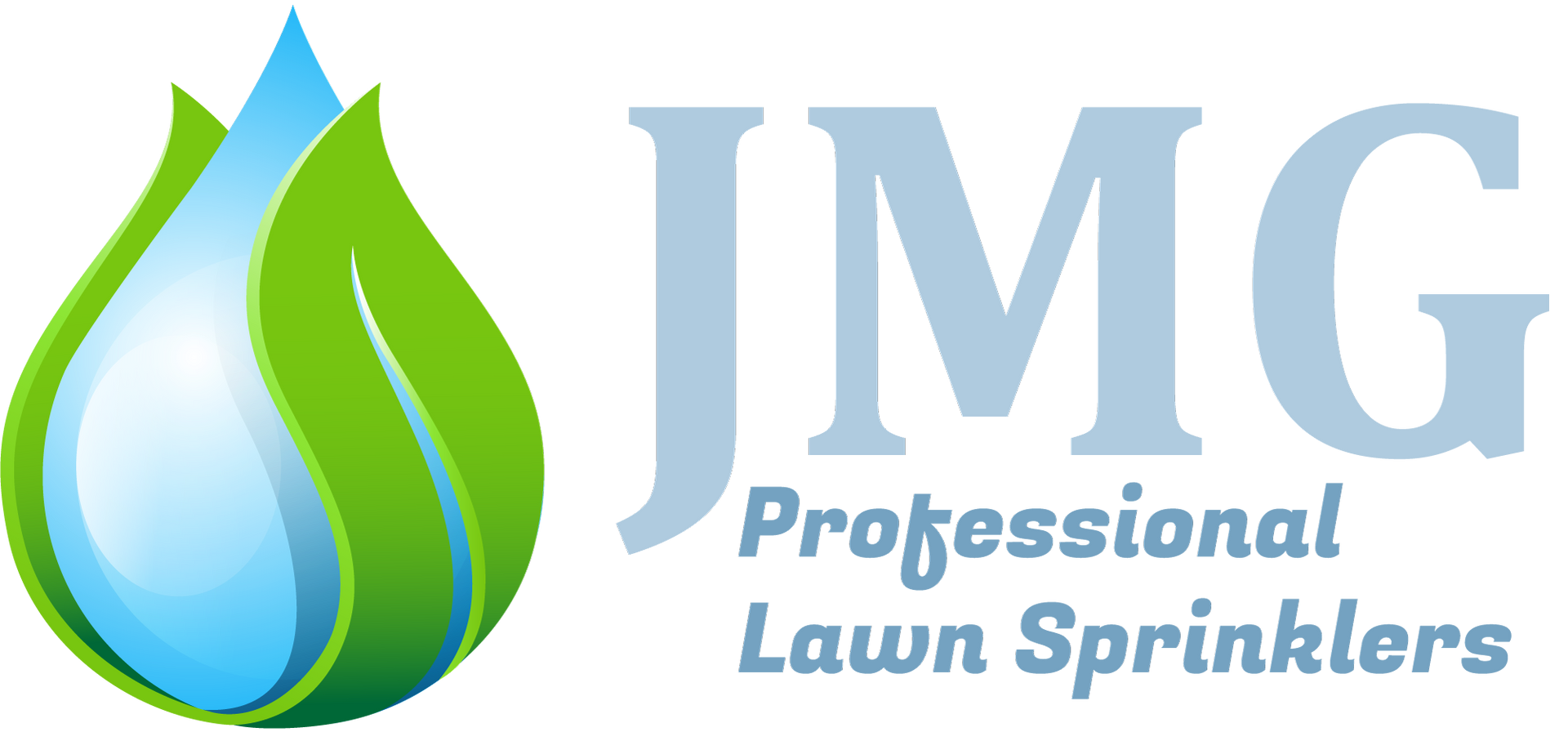Quality Sprinkler System Inspection Services Available in Rhode Island
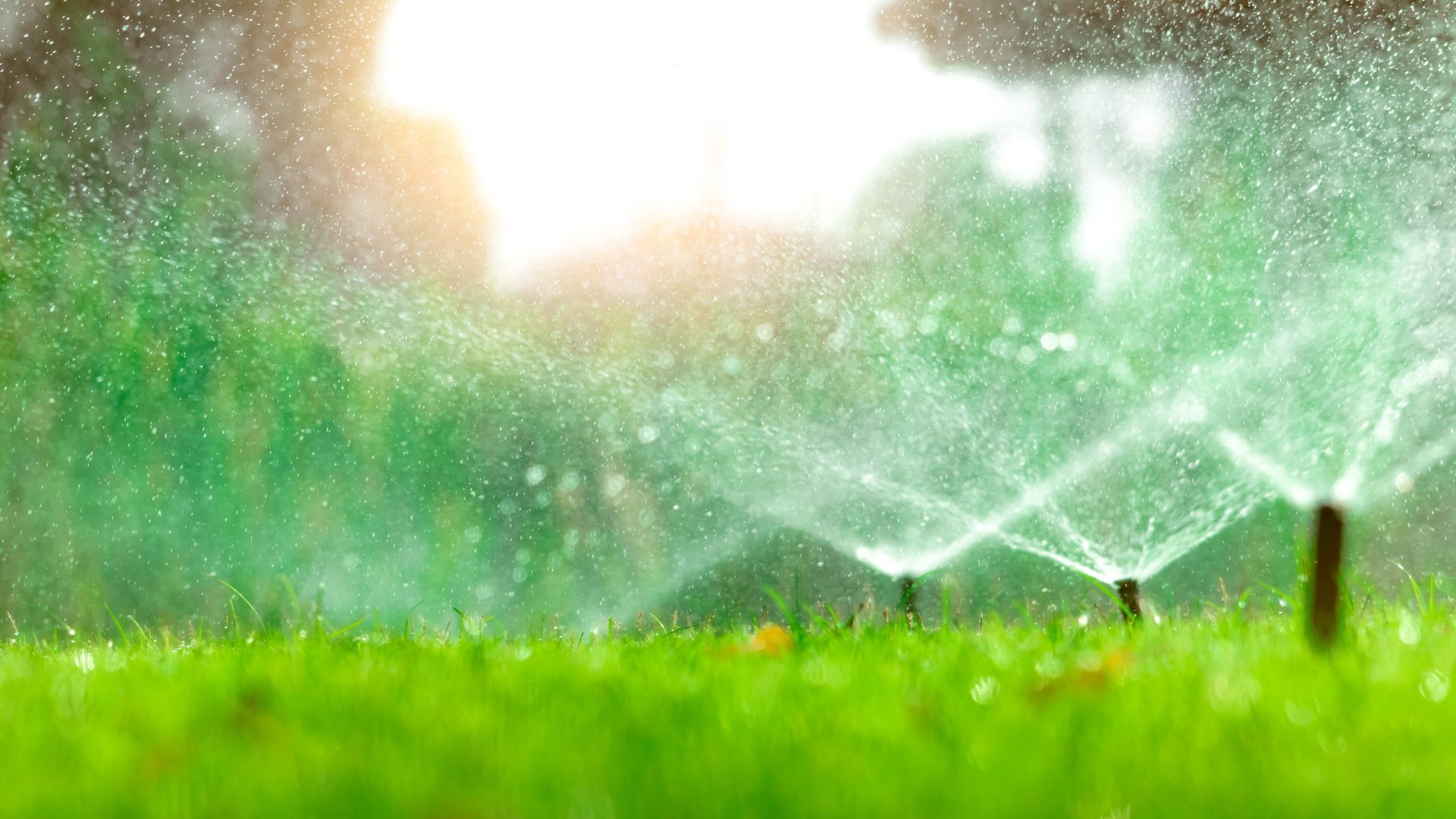
Sprinkler system inspections are often overlooked by property owners, yet they play a critical role in maintaining landscape health and property safety. This article will cover the importance of sprinkler inspections in Rhode Island, the inspection process, and common issues found during checks. Readers will learn how to identify qualified inspection providers and understand what to expect after an inspection. Addressing the need for timely inspections helps prevent costly repairs and ensures an efficient irrigation system. Engaging with this content will empower property owners to keep their sprinkler systems functioning optimally.
Understanding the Need for Sprinkler Inspections in Rhode Island
Sprinkler inspections play a crucial role in maintaining fire safety standards across Rhode Island. Regular inspections ensure compliance with the Rhode Island Fire Code, protecting both properties and occupants from potential fire damage. These checks guarantee systems are ready for emergencies, while also offering potential insurance benefits. Understanding these aspects highlights the importance of fire protection measures, including fire alarm systems, extinguishers, and backflow prevention.
Maintaining Fire Safety Standards Statewide
Maintaining fire safety standards across Rhode Island requires ongoing diligence from both property owners and service providers. Effective fire sprinkler systems must be regularly inspected to ensure that they function correctly in emergencies, ultimately safeguarding customers and their properties. Reliable customer service in this area helps clients understand the importance of timely inspections and compliance, fostering a safer environment while allowing property owners to request a quote for services that can greatly impact fire services and enhance overall safety measures.
Meeting Rhode Island Fire Code Compliance
Meeting Rhode Island Fire Code compliance is essential for effective fire safety management. Regular sprinkler testing and inspection ensure that fire sprinkler systems are operating correctly and are capable of activating in emergencies. Property owners who prioritize these inspections not only enhance safety for occupants but also demonstrate a commitment to adhering to legal standards, which can lead to smoother interactions with firefighters during potential emergencies.
Protecting Property and Occupants From Fire Damage
Protecting property and occupants from fire damage is a primary concern for property owners in Rhode Island. Sprinkler systems play an essential role in this protection, as they can rapidly suppress flames and reduce smoke inhalation risks during a fire. Regular inspections ensure these systems function correctly, offering peace of mind and compliance with fire safety regulations. In addition to sprinkler systems, maintaining properly equipped fire extinguishers is crucial for immediate response in emergencies. Understanding the importance of these safety measures, including any relevant apprenticeship training for service providers, empowers property owners to take proactive steps toward enhancing fire safety within their buildings.
Ensuring System Readiness for Emergencies
Ensuring system readiness for emergencies is vital in maintaining safety standards for properties in Rhode Island. Regular sprinkler inspections guarantee that these systems operate effectively when needed, minimizing the potential impact of a fire event. Property owners who prioritize these inspections not only protect their assets but also enhance the safety of their occupants, fostering a secure living and working environment.
Potential Insurance Benefits of Regular Inspections
Regular sprinkler inspections can lead to significant insurance benefits for property owners in Rhode Island. Many insurance companies offer lower premiums to those who maintain compliant fire safety systems, as they present reduced risk. By showcasing well-documented inspection records, property owners can not only enhance their safety profile but also potentially negotiate better coverage terms and lower costs with their insurers.
The Sprinkler System Inspection Process Explained

The sprinkler system inspection process includes several key steps to ensure optimal performance and compliance with safety standards. It starts with an initial visual check of system components, followed by testing sprinkler heads and water flow. Next, technicians verify the functionality of control valves and gauges, check fire pumps, and ensure water supply connections are intact. Lastly, findings are documented in an inspection report, providing a comprehensive overview of the system's condition.
Initial Visual Check of System Components
The initial visual check of system components is a critical step in the sprinkler system inspection process. Technicians carefully examine each component, looking for signs of wear, corrosion, or damage that could compromise system performance. This proactive approach ensures that any potential issues are identified early, allowing for timely repairs that enhance safety and reliability in Rhode Island's fire protection systems.
Testing Sprinkler Heads and Water Flow
Testing sprinkler heads and water flow is a vital component of the sprinkler system inspection process in Rhode Island. Technicians assess each sprinkler head for proper operation and coverage to ensure they will function effectively during a fire emergency. Additionally, verifying water flow rates checks whether the system has adequate pressure and supply, crucial for timely suppression of flames and minimizing potential damage to properties and occupants.
Verifying Control Valves and Gauges Functionality
Verifying control valves and gauges functionality is a critical aspect of the sprinkler system inspection process. Technicians examine the valves to ensure they open and close easily, allowing water to flow when required. They also check the gauges for accuracy to guarantee that the system maintains adequate pressure, essential for effective fire suppression. Proper functionality of these components contributes significantly to the overall reliability of the sprinkler system, giving property owners confidence in their fire safety measures.
Checking Fire Pump and Water Supply Connections
Checking the fire pump and water supply connections is a critical aspect of the sprinkler system inspection process. Technicians assess the fire pump to confirm it operates efficiently and will provide adequate water pressure during an emergency. Additionally, ensuring that water supply connections are secure helps prevent leaks or disruptions in service, which are essential for maintaining reliable fire protection in properties throughout Rhode Island.
Documenting Findings in an Inspection Report
Documenting findings in an inspection report is a critical step in the sprinkler system inspection process. This report provides a detailed overview of the system's condition, including any identified issues and the recommendations for corrective actions. By maintaining thorough documentation, property owners in Rhode Island can ensure compliance with fire safety standards and demonstrate their commitment to maintaining effective fire protection systems.
Frequency and Types of Sprinkler Inspections Required in RI
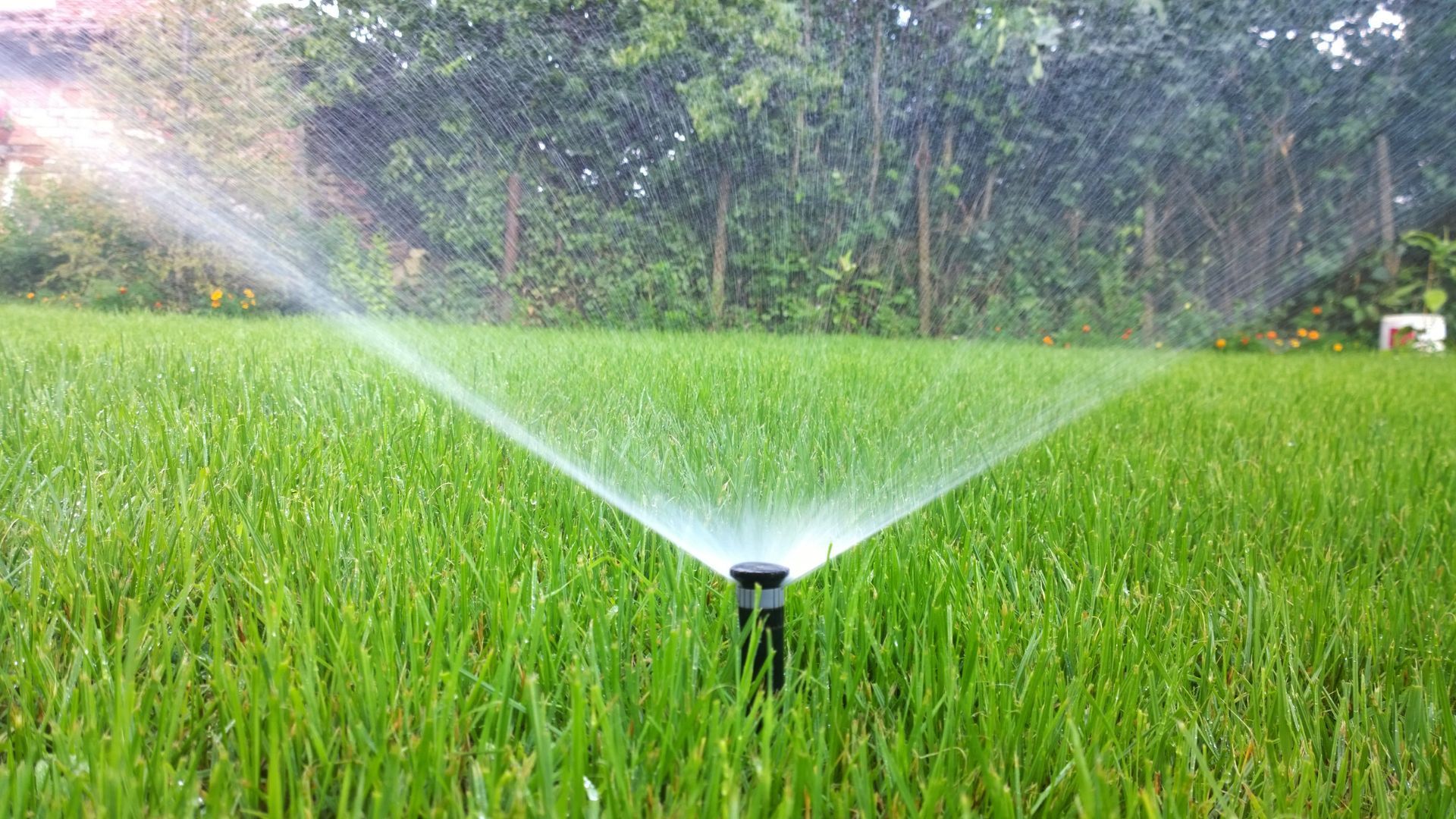
Annual inspections for most system components are essential for maintaining effective fire safety in Rhode Island. Specific parts may require quarterly and semi-annual checks, while five-year internal pipe examinations ensure long-term reliability. Understanding the differing needs for commercial and residential properties further enhances compliance and safety. This structure emphasizes the importance of regular maintenance and detailed attention to various sprinkler system components.
Annual Inspections for Most System Components
Annual inspections for most system components are fundamental in maintaining fire safety in Rhode Island. These inspections verify that sprinkler systems function correctly, ensuring readiness for emergencies. Property owners who prioritize annual checks not only comply with regulations but also protect their investments and enhance the safety of their occupants.
Quarterly and Semi-Annual Checks for Specific Parts
Quarterly and semi-annual checks for specific parts of sprinkler systems in Rhode Island are essential for maintaining optimal performance. These checks focus on critical components such as water flow alarms, control valves, and pressure gauges, ensuring they function effectively to protect properties and occupants during emergencies. Property owners who engage in these regular inspections not only comply with safety standards but also reduce the risk of potential failures, providing peace of mind and enhanced fire protection.
Five-Year Internal Pipe Examinations
Five-year internal pipe examinations are a critical aspect of maintaining effective sprinkler systems in Rhode Island. These inspections focus on assessing the interior condition of pipes, identifying any possible corrosion or buildup that could hinder water flow during an emergency. By conducting regular evaluations, property owners can ensure their systems remain reliable and compliant with safety regulations, ultimately enhancing fire protection for both occupants and assets.
Distinguishing Between Commercial and Residential Inspection Needs
Understanding the distinct needs for sprinkler inspections in commercial versus residential properties is essential for effective fire safety management in Rhode Island. Commercial properties may have more complex systems, requiring more frequent inspections and specialized checks to ensure compliance with stricter safety regulations. Conversely, residential properties typically require standard annual inspections, but owners should also address specific components that may need additional attention.
Identifying Common Issues Found During Rhode Island Sprinkler Checks
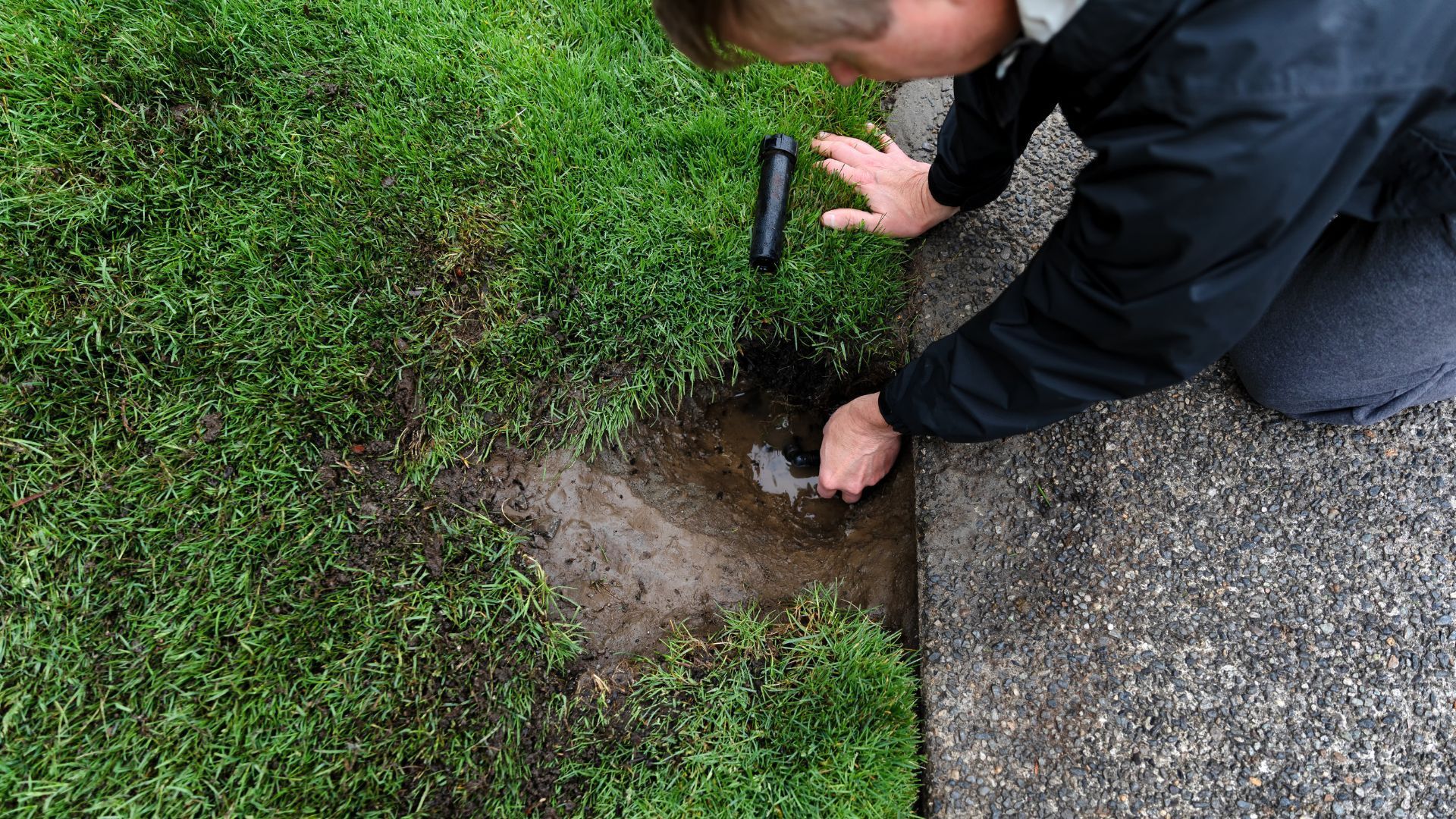
Common issues identified during sprinkler checks in Rhode Island include corroded or damaged sprinkler heads, which can prevent proper functioning. Additionally, obstructed sprinklers can impede water spray, while low water pressure hampers effectiveness. Problems with control valves or alarm systems and outdated components requiring replacement also pose risks. Understanding these issues is vital for ensuring optimal fire safety.
Corroded or Damaged Sprinkler Heads
Corroded or damaged sprinkler heads present a significant risk to fire safety in Rhode Island properties. When these components are compromised, their ability to efficiently disperse water during a fire is diminished, potentially leading to catastrophic consequences. Regular inspections are essential to identify these issues early, allowing for timely replacements or repairs, thereby ensuring that the sprinkler system remains fully operational and compliant with safety regulations.
Obstructed Sprinklers Impeding Water Spray
Obstructed sprinklers pose a significant challenge for effective fire safety in Rhode Island. These obstructions can come from various sources, including furniture, decorations, or dust buildup, which impede the essential water spray needed during a fire. Regular inspections are crucial for identifying and addressing these blockages, ensuring that sprinklers can operate effectively when seconds count. Property owners must remain vigilant in maintaining clear access around sprinkler heads to enhance the reliability of their fire protection systems.
Low Water Pressure Problems
Low water pressure problems can significantly undermine the effectiveness of sprinkler systems in Rhode Island. When water pressure drops below acceptable levels, sprinkler heads may fail to deliver the necessary coverage during emergencies, jeopardizing fire safety. Property owners must proactively address this issue by scheduling regular inspections and ensuring their systems are capable of maintaining adequate pressure, which is crucial for reliable fire suppression when needed most.
Issues With Control Valves or Alarm Systems
Issues with control valves or alarm systems can severely compromise the effectiveness of sprinkler systems in Rhode Island. When control valves malfunction, they may remain closed or unable to open, preventing water from reaching the sprinkler heads during a fire. Additionally, alarm systems that fail to activate or signal disturbances pose a significant risk, as they can delay emergency responses. Regular inspections help identify these critical issues early, ensuring that property owners maintain reliable fire protection and compliance with safety regulations.
Outdated Components Requiring Replacement
Outdated components in sprinkler systems can significantly compromise fire safety in Rhode Island properties. Regular inspections often reveal parts that no longer meet current standards or have deteriorated due to age, affecting the operational efficiency of the system. Property owners should prioritize the replacement of such components to ensure optimal performance and compliance with safety regulations, thereby enhancing overall fire protection and peace of mind.
Selecting Qualified Sprinkler Inspection Providers in Rhode Island
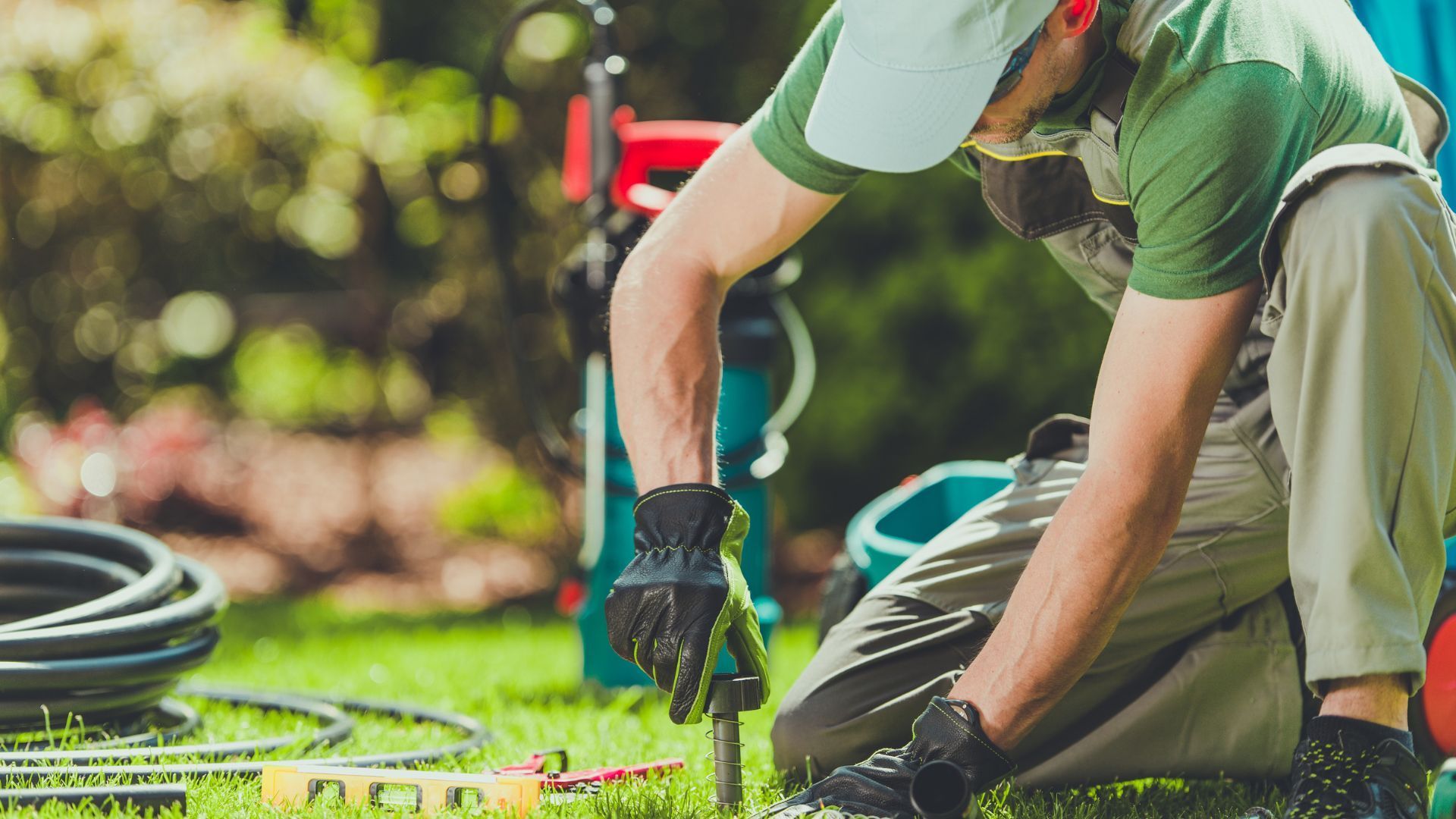
Choosing qualified sprinkler inspection providers in Rhode Island involves several key steps. Property owners should start by verifying state licensing and certifications to ensure compliance with local regulations. Assessing the provider's experience with different sprinkler systems, checking customer reviews, and understanding service agreements are essential. Additionally, comparing quotes will help make informed decisions about sprinkler system inspection services.
Verifying State Licensing and Certifications
Verifying state licensing and certifications is a fundamental step for property owners seeking reliable sprinkler inspection providers in Rhode Island. Ensuring that a service provider holds the appropriate licenses confirms compliance with local regulations and industry standards, which is vital for effective fire safety management. Property owners can ask for documentation or check online resources to validate the credentials of potential inspection companies, ensuring they choose qualified professionals who can deliver high-quality services and enhance overall safety.
Assessing Experience With Different Sprinkler Systems
When assessing experience with different sprinkler systems, property owners should consider the service provider's familiarity with various types of systems, such as wet, dry, pre-action, and deluge sprinklers. Providers with a broad range of experience are better equipped to identify specific issues and offer tailored solutions that meet the unique requirements of each system. This expertise is crucial for ensuring compliance with safety regulations and maintaining the effectiveness of fire protection systems throughout Rhode Island.
Checking Customer Reviews and References
Checking customer reviews and references is essential for property owners selecting sprinkler inspection providers in Rhode Island. Positive feedback and testimonials from previous clients can offer insights into the provider's reliability and quality of service. Engaging with these reviews can guide property owners in making informed decisions, ultimately enhancing their fire safety measures and ensuring compliance with regulations tailored to their specific needs.
Understanding Service Agreements and Reporting Procedures
Understanding service agreements and reporting procedures is essential when selecting sprinkler inspection providers in Rhode Island. Property owners should ensure that these agreements outline the scope of services, costs, and responsibilities, providing clarity on what to expect during inspections. Additionally, a thorough reporting procedure should be in place, detailing how findings will be communicated, what corrective actions are recommended, and timelines for completion, thus ensuring compliance with safety regulations and a commitment to maintaining effective fire safety measures.
Comparing Quotes for Sprinkler System Inspection Services Rhode Island
Comparing quotes for sprinkler system inspection services in Rhode Island is an essential step for property owners seeking to ensure compliance and safety standards. By obtaining multiple quotes, individuals can assess the scope of services, costs, and quality of inspection offered by different providers. This practice not only allows for informed decision-making but also helps in identifying services that align with specific needs, ultimately enhancing fire safety protection within properties.
After the Inspection What to Expect
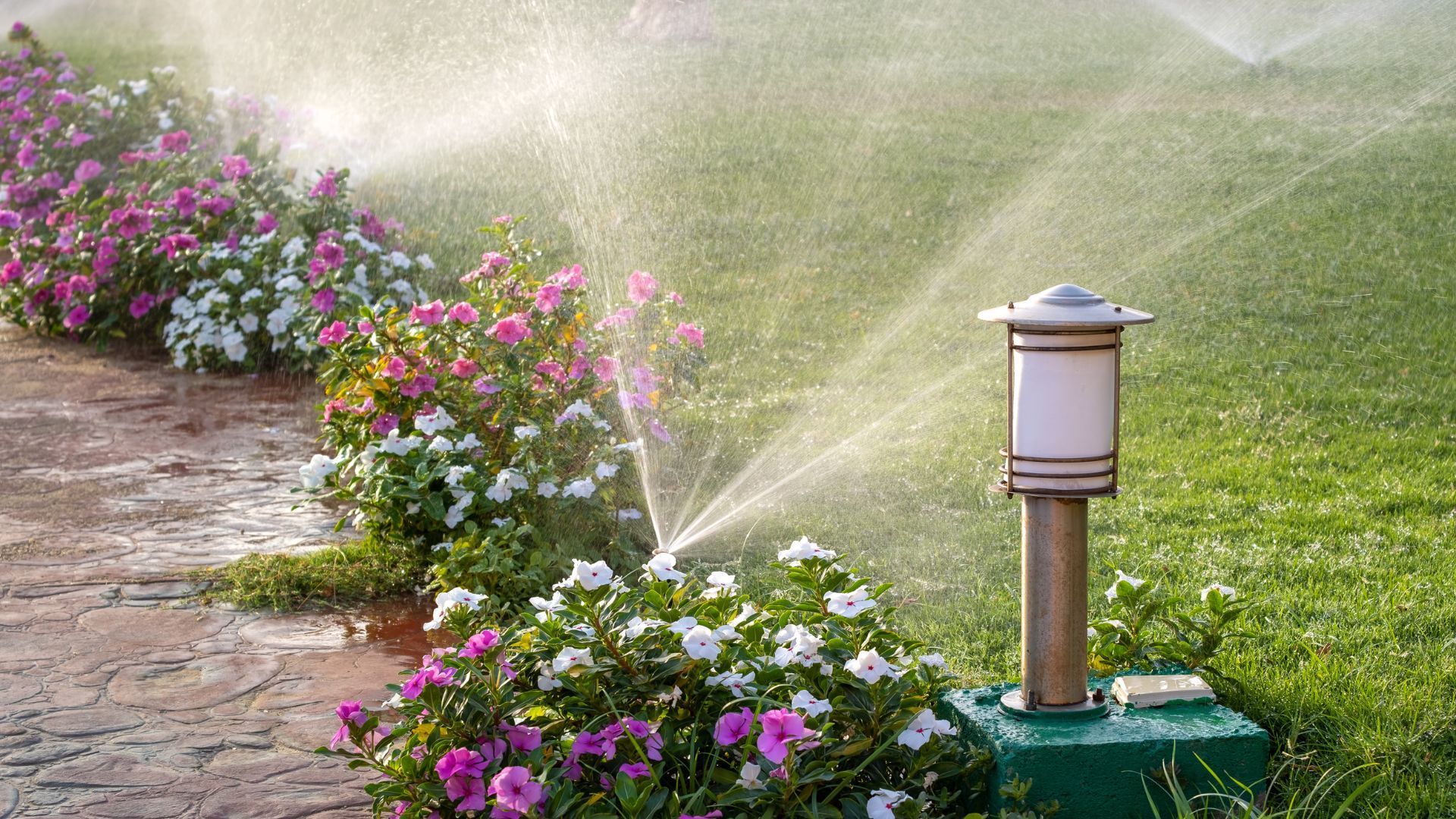
After a sprinkler system inspection in Rhode Island, property owners can expect to receive a detailed inspection report outlining the system's condition. Important next steps include addressing any deficiencies, scheduling necessary repairs, and planning follow-up maintenance. Keeping accurate records ensures compliance and facilitates future inspections, while setting a timeline for the next checkup strengthens the overall fire safety strategy.
Receiving and Interpreting Your Inspection Report
After completing a sprinkler system inspection in Rhode Island, property owners receive an inspection report detailing the system’s current state. This document outlines any deficiencies found, repairs needed, and recommendations for maintaining compliance with fire safety regulations. Understanding this report is essential, as it allows property owners to prioritize corrective actions and schedule necessary repairs, ensuring optimal performance and safety for their premises.
Addressing Deficiencies and Required Repairs
After a sprinkler system inspection in Rhode Island, addressing deficiencies and required repairs is a top priority for property owners. Prompt action is necessary to resolve any identified issues, such as malfunctioning sprinkler heads or low water pressure, which can significantly impact fire safety. By scheduling repairs quickly, property owners ensure that their systems remain compliant with safety regulations, thus safeguarding their properties and occupants from potential fire hazards.
Scheduling Necessary Follow-Up Maintenance
Scheduling necessary follow-up maintenance is an essential step after a sprinkler system inspection in Rhode Island. Property owners should prioritize addressing any identified issues promptly, ensuring that all repairs are made to maintain compliance with safety regulations. Establishing a routine maintenance schedule not only enhances the reliability of the system but also provides peace of mind, knowing that safety measures are consistently upheld to protect both property and occupants.
Keeping Records for Compliance and Future Reference
Keeping accurate records after sprinkler system inspections is crucial for ensuring compliance with fire safety regulations in Rhode Island. These records serve not only as proof of regular maintenance but also provide valuable insights into the system’s performance over time. By tracking inspection dates, findings, and any corrective actions taken, property owners can effectively demonstrate their commitment to safety, facilitate future inspections, and maintain a proactive approach to fire protection.
Planning Your Next Rhode Island Sprinkler System Checkup
Planning the next sprinkler system checkup in Rhode Island should be a proactive step for property owners, ensuring continued compliance with safety regulations. It is advisable to establish a maintenance schedule based on the frequency of previous inspections and any identified issues during the last checkup. Keeping a record of inspection dates and maintaining communication with certified inspection providers can enhance the safety and effectiveness of sprinkler systems, ultimately providing peace of mind regarding fire safety measures.
Sprinkler system inspection services in Rhode Island are essential for ensuring fire safety and regulatory compliance. Regular inspections help identify issues early, protect properties, and safeguard occupants from potential fire hazards. Property owners can also benefit from potential insurance discounts by maintaining compliant systems. Prioritizing these inspections not only enhances fire protection but also demonstrates a commitment to safety and preparedness.
